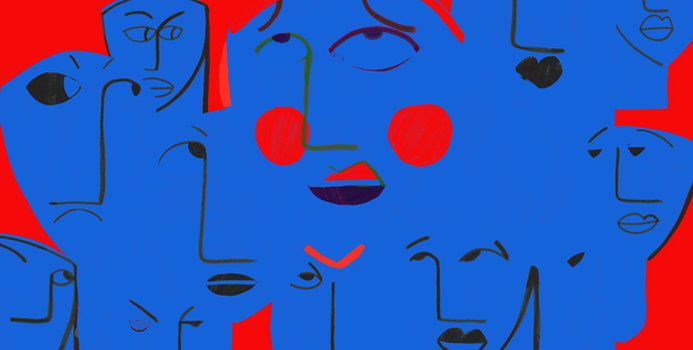Suffering from anxiety can feel overwhelming, but it may be of some comfort to know that it is the most common mental illness in the United States, with the Anxiety and Depression Association Of America reporting that 40 million adults over 18 are affected. And although treatable, many people do not receive treatment—which could have something to do with the fact that mental health still has a social stigma attached to it.
Many things can trigger an anxiety disorder, and while brain chemistry and genetics are among them, an individual can also develop anxiety because of personal circumstances and traumatic events. Some of the causes of anxiety are unexpected, but below are six common triggers.
Medical Issues
A side effect of medication (including birth control pills and weight loss medication), or the symptoms of a chronic illness could trigger anxiety. According to Medical News Today, although these things may not directly cause an anxiety disorder, the changes in an individual’s lifestyle because of their health or medication could have the ability to do so.
Drugs and Alcohol
Withdrawal from illicit substances or prescriptions, or abuse of such substances, is a trigger for anxiety, Mayo Clinic notes. Alcohol is also a depressant, but more importantly, it can alter the levels of serotonin and other neurotransmitters in the brain, which Healthline notes can worsen anxiety.
Stress
Feeling stressed out can have an effect on both our physical and mental health. Healthline notes that worrying about certain things in your life, like finances and debt, as well as having a negative outlook could also trigger anxiety.
Symptoms of stress can include a lack of sleep and a poor diet, and the long-term effects of chronic stress could negatively impact mental health.
Poor Eating Habits
We need good nutrition (which means eating a balanced diet) for our bodies to function to the best of their abilities, and needless to say, when we are not eating, or eating poorly, this can have a negative outcome. Healthline notes that when an individual skips a meal, their blood sugar can be affected, which could trigger anxiety and jitters.
In addition to not eating well, caffeine could have a negative effect on individuals who are sensitive to its effects.
You Need to Spend Time Outside
If you spend too much time indoors, this could trigger anxiety because you are not getting enough Vitamin D. Bustle spoke to psychotherapist Rebecca Clegg, who explained that because our culture spends so much time indoors, we are not exposed to enough sunlight, potentially causing vitamin D deficiency. She notes, “This deficiency can be a contributing factor to anxiety in some people."
Similarly, spending time alone and isolated (like many freelancers tend to do) can trigger anxiety.
Relationship Problems
Conflict in the workplace, disagreements among friends, trouble in a personal relationship, or interaction with negative or anxious people could have an effect on mental health. According to Bustle, “anxiety can be contagious,” meaning someone else’s negative actions could impact how you feel.
[Image via Jess Rodrigues/Shutterstock.com]



